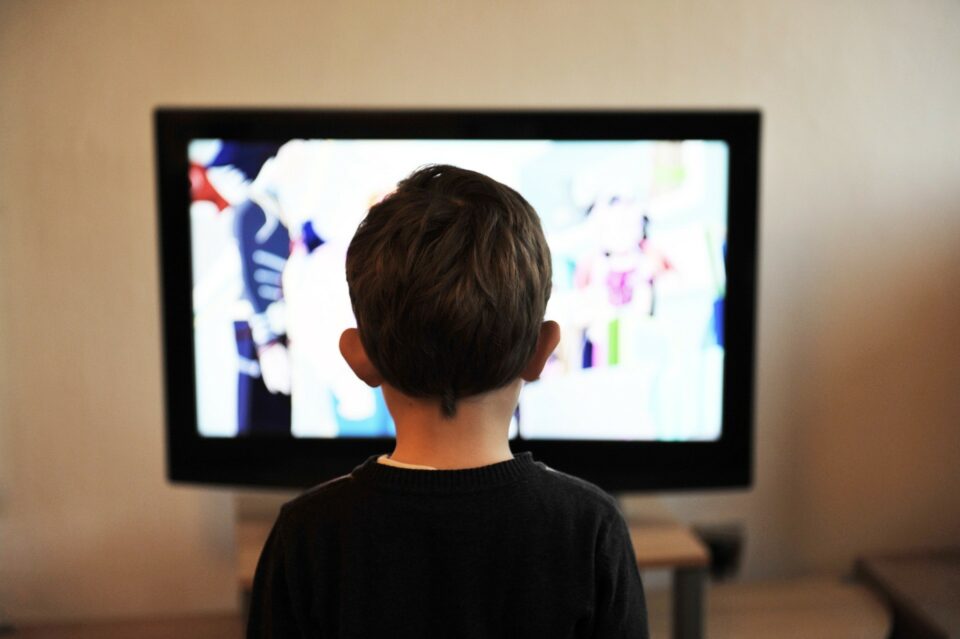We’re living in extremely uncertain times, and a situation which none of have ever encountered before.
We are being forced to spend time away from our loved ones in order to keep them safe, our lives as we knew them before are complete upside down, and nobody has a firm idea of when we can expect to get back to some semblance of normality.
Whilst everyone has their own difficulties at this unpredictable time, one of the biggest challenges presents itself to co-parenting families.
Obviously, we are all supposed to practice social distancing, which essentially means that a child of two parents who no longer live together ideally shouldn’t be moving between two households. However, the UK government have stated that this is possible for the sake of the child’s wellbeing. The problem is, how do you manage this in a safe and sensible way, to ensure the child’s routine remains intact, whilst keeping them safe and healthy.
Of course, it’s best not to have a child moving between households at all during this difficult time, so we need to look at two sides of the subject here. First, we need to look at how you can safely and effectively co-parent if a child is spending time with both parents, and we then need to look at how you can co-parent when the child is staying with just one parent, in order to reduce social contact and therefore the chances of catching or passing on coronavirus.
Co-Parenting in Both Households
We should point out that only children under 18 have been given the green light to spend time between two households, but these needs go be managed very carefully indeed. If at all possible, it’s far better for the child to stay at home with one parent until the social distancing regulations are eased. However, this isn’t always possible and isn’t always in the best interests of the child.
If you do allow your child to move between both households, there are two vital things you need to remember – honesty and communication.
If anyone within either household shows signs of coronavirus or becomes unwell and suspects they may have a symptom associated with it, everyone within that household needs to self-isolate for 14 days. However, if a child has been in that household too, everyone within the second household also needs to self-isolate for the same 14 days. Only then can you be totally sure that everyone is clear and past the incubation phase by the time you begin co-parenting once more.
Within this, everyone needs to be honest about their health and communicate carefully. This is a very distressing and upsetting time and it’s easy to overlook a symptom simply because you don’t want it to affect seeing your child. However, that is just going to put everyone at risk.
Communicate carefully and effectively, whether you get along well or not, and make sure that you are honest about anything to do with your health, or the health of anyone in your household.
Co-Parenting in One Household
The other side of the discussion is if you are keeping your child at home and the other parent is isolating in their home, effectively away from their child.
It’s hard to be away from your loved ones at any time, but when there is so much anxiety and upset going around, it’s even harder. The most important thing you can do is to try and stop that anxiety making its way over to your child. Explain what is happening but do so without instilling a sense of fear. Explain that the situation has to be this way for now, because the Government have told us we need to be careful, but that once it is all over, you can go back to your normal routines once more. Reiterate very clearly that this not a long-term thing and it is certainly not forever.
Children need stability and routine, so it’s important that if they’re not going to see their other parent as they normally would, you schedule in video calls which allow them to spend time and play/talk/interact in a different way. Set a daily time to have this video call and make sure you stick to it – never cancel it. Keep the routine going and your child will be much calmer and settled as a result.
It’s also important to come up with innovate and creative activities for your child to do at home and they can then talk about what they’ve been doing with their other parent over video chat. You might even like to come up with some games or activities you can do over a video link, so you can virtually interact.
From a parent’s perspective, it’s important to remain on good terms with your co-parenting partner. Sometimes we disagree or don’t see eye to eye and occasionally whispers of the past can cause difficulties, but during this particular time, all of that needs to be put to one side. Creating a semblance of normality for your child needs to be the most important thing for both of you at this particular moment, and who knows, it might even bring you closer together in the end.
Again, communication is the vital point here too. Scheduling in those video calls means trusting both parents to turn up at the time allotted. It also means coming up with activities between you which you can share. Your child needs to be busy, distracted, and you need to try and create a normal routine which they can live through whilst this period of social distancing is in force.
Safety is The Most Important Factor
Your child’s safety is paramount. Whilst you are able to allow your child to spend time between both households, the general recommendation is that, if possible, it’s best for the child to stay in one place and not move around. Whilst it’s hard to stay away from your child, focusing on their health should be the mantra that gets you through this hard time and allows them to feel like they’re continuing with what feels relatively normal to them.




